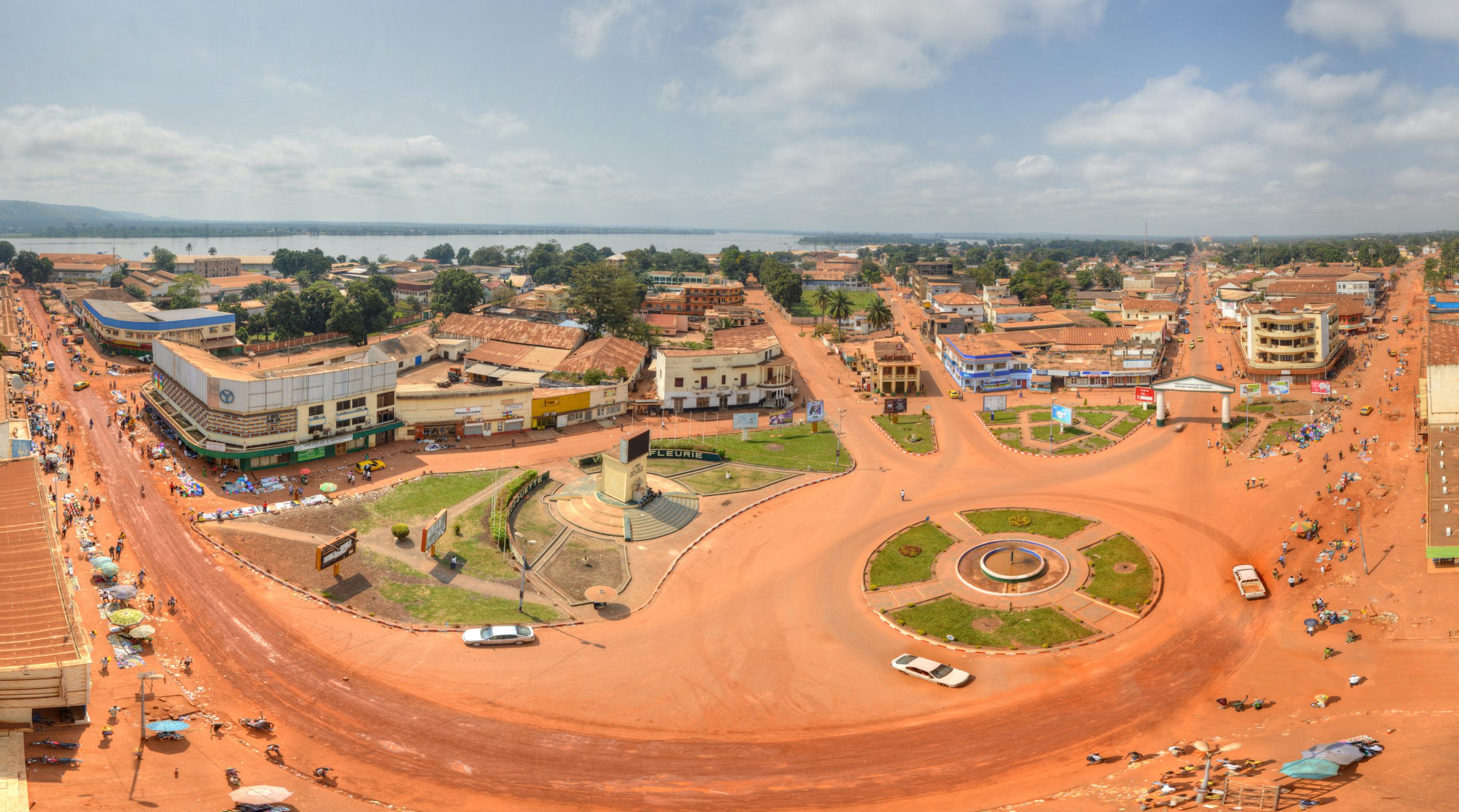
Scholars will discuss research on areas such as protecting populations in Central African Republic.
Four Gates Cambridge Scholars will speak at an internal symposium next week on subjects ranging from Disney utopias and cell biology to curbing mass atrocities in the Central African Republic.
The symposium takes place from 7.30-9.30pm on 8th February in the Gates Scholars Common Room.
The speakers are:
Eddie Cano Gámez [2016], who is doing an MPhil in Biological Science. He will give a talk entitled We are what we read: studying the immune system through its favourite books. He says the genome – the entire genetic material of an organism which is the same in all the cells that form it – can be imagined as a library, an old collection of books from which cells, which are very diverse, pick their favourite titles. He says that under this analogy, cells are what they read so analysing their gene expression, or the books they prefer under the library analogy, can provide important information on how they function and when they are dysfunctional. This can in turn help to cure disease.
Kevin Chew [2016], who is doing a PhD in Film and Screen Studies, will give an analysis of the vision of utopia portrayed in Disney's film Zootopia. The film is described by critic Peter Debruge as being about 'a place where mammals of all shapes, sizes and dietary preferences not only live in harmony, but also are encouraged to be whatever they want’. In his talk, On War and Cuteness: The Utopian Politics of Disney’s Zootopia, Kevin will touch on the conflict between film industry depictions of utopia and arguments that the industry is a tool of social control. He will also talk about the ethical value of utopian impulses in Disney films against the current political backdrop.
Georgiana Epure [2016], who is doing an MPhil in International Relations and Politics, will address how successful the international Responsibility to Protect populations from mass atrocities has been in the Central African Republic. R2P is a global political commitment which was endorsed by all member states of the United Nations at the 2005 World Summit to prevent genocide, war crimes, ethnic cleansing and crimes against humanity.
Georgiana's talk, The Responsibility to Protect in the Central African Republic. How Successful? will cover what different levels of success might look like for R2P and how R2P operations were implemented on the ground in CAR. She will say that R2P in CAR has been a mixed story of failure and success. "Lacking the political will to prioritise the situation in CAR and respond to early warnings, the international community failed to prevent the escalation of the crisis. When it acted, the response of the international community was not proportional with its goal of halting the crisis and creating good governance to advance the prevention of mass atrocities," she says. However, she adds: "Despite operational, institutional and capacity challenges, R2P in CAR has significantly reduced the levels of violence." Nevertheless, she will argue, R2P should be about more than halting mass atrocities and should include effective strengthening of sovereignty, something that has not happened in CAR.
Arazi Pinhas [2015], who is doing a PhD in Astronomy, will also speak about his research into clouds in exoplanet atmospheres.
*Picture credit: Bangui, Central African Republic c/o Wikimedia commons
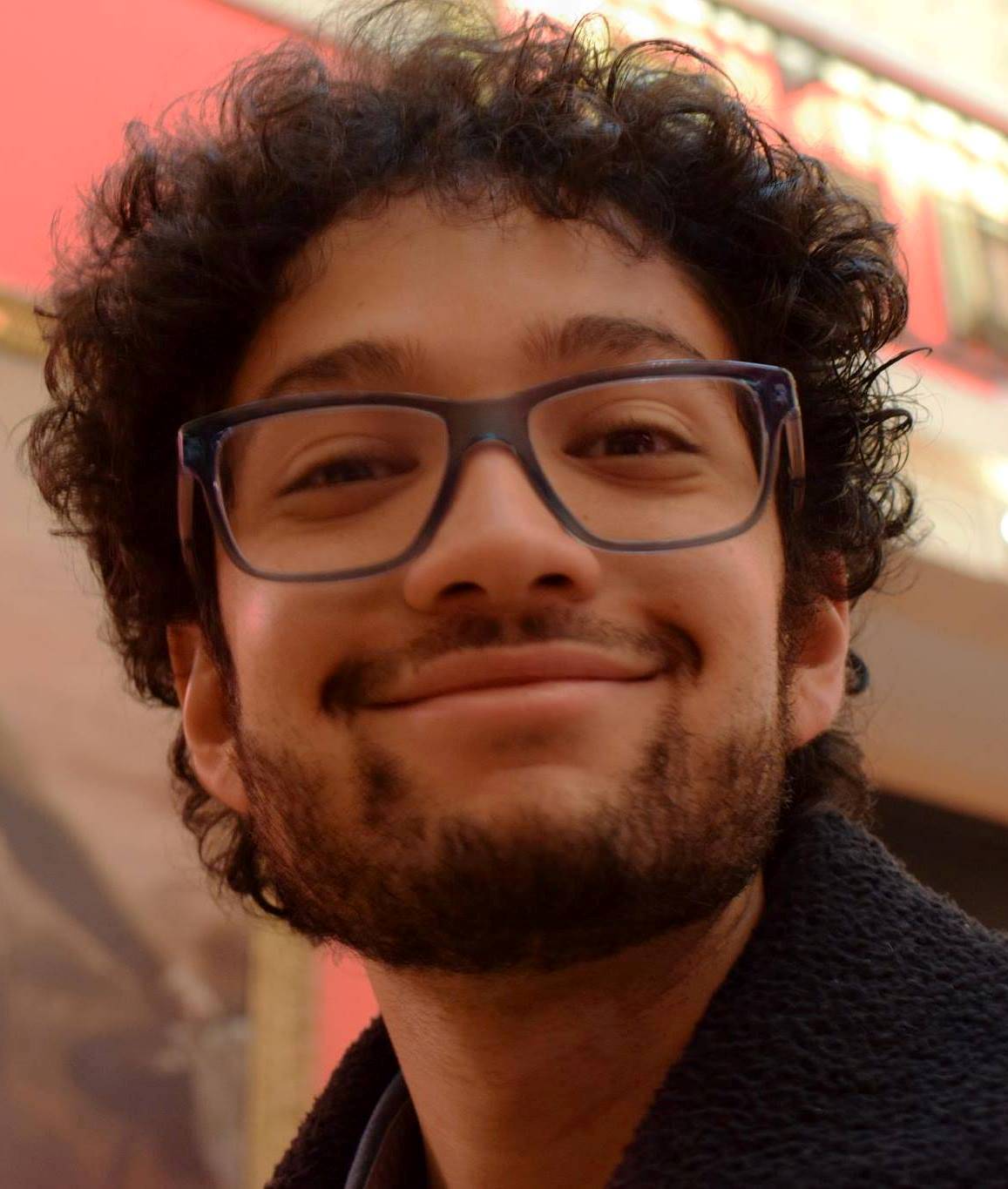
Eddie Cano Gamez
- Alumni
- Mexico
- 2016 MPhil Biological Science (Sanger)
2017 PhD Biological Science at the Sanger Institute - Trinity Hall
From my childhood, I remember the smell of books. The shelves full of novels at my grandmother’s house, the aroma of old pages in the reading room of my primary school during winter. I like to think of my life as a series of libraries. From the surreal verticality of Biblioteca Vasoncelos, with its whale skeleton hanging from the roof, to the Maori carvings of Auckland University Library. When I think of it that way, perhaps it is not surprising that, after pursuing a degree in biotechnology in Mexico City, I ended up studying immunogenomics. Picture, for instance, Alice through the looking glass. “Here it takes all the running you can do, to keep in the same place”, said the Red Queen. When I read this quote, I think of the immune system. How fast must it run to keep our place in a world ruled by microbes? But the immune system does not run, it plans ahead and divides tasks. It is a community of cells that talk to each other. During my PhD in at The Sanger Institute, Cambridge I will study the immune system, using transcriptomics to link gene expression and cellular functions to genetic variation across individuals. Because I firmly believe in the transforming power of knowledge, when out of the lab I like teaching, and promoting art and science. Languages and music are my biggest passions. Monet, my favourite painter. And my dearest dream, to someday have a positive impact in Latin American society. As a Nahuatl poet once put it, “all that is true has a root”. And, to me, the desire to improve our world will always be the root from which everything else stems.
Previous Education
University of Auckland
University of Cambridge
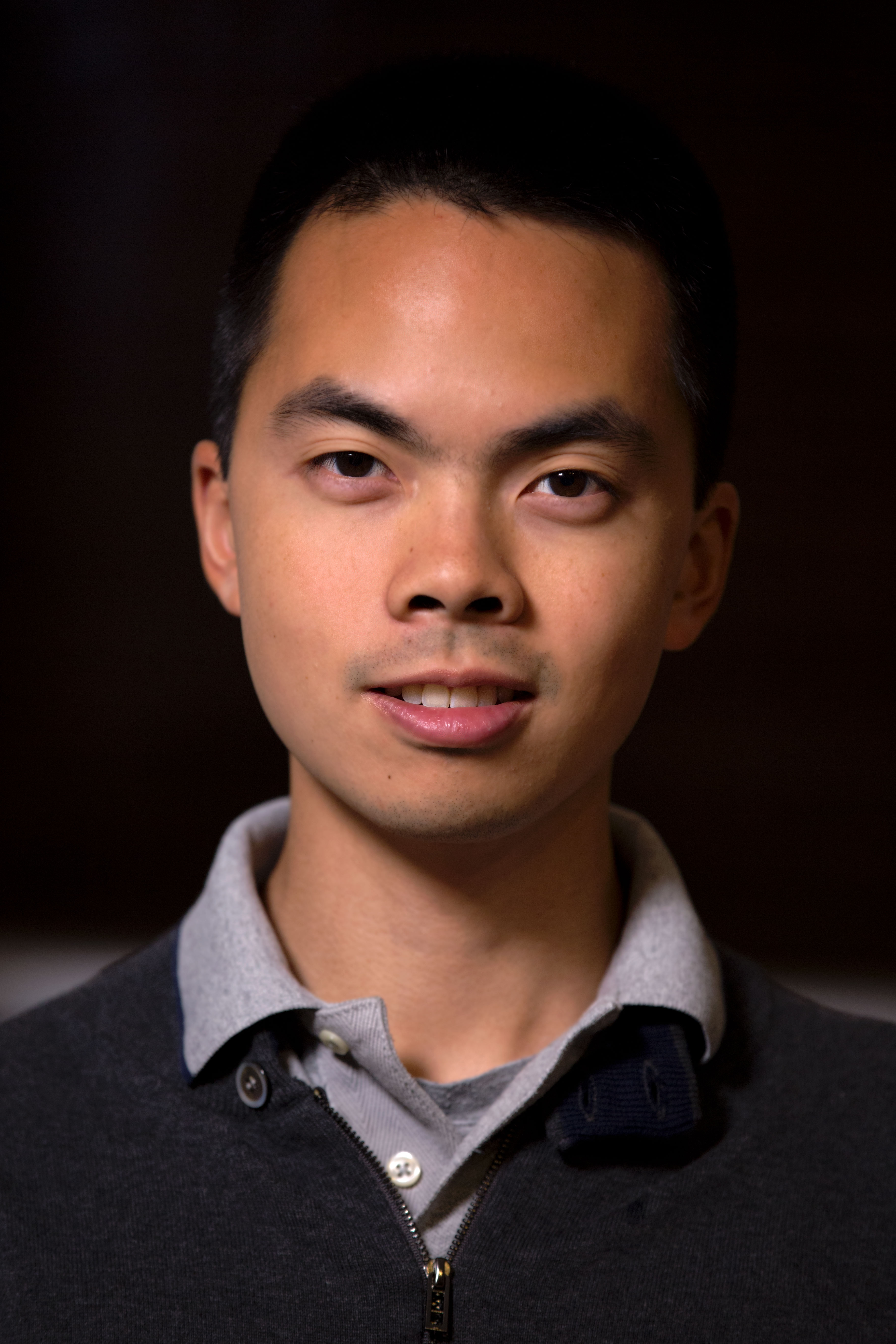
Kevin Chew
- Alumni
- Singapore
- 2016 PhD Film and Screen Studies
- Gonville and Caius College
I joined the Gates Cambridge community in 2016 and received my PhD in Film and Screen Studies in January 2021. My PhD thesis examines the ways in which political conflict is reflected and articulated in contemporary Disney animation. I have since joined the faculty of Nanyang Technological University, where I teach topics in film studies. My current research interests span the films of Hayao Miyazaki as well as recent live-action Singaporean filmmaking.
Previous Education
University of Cambridge
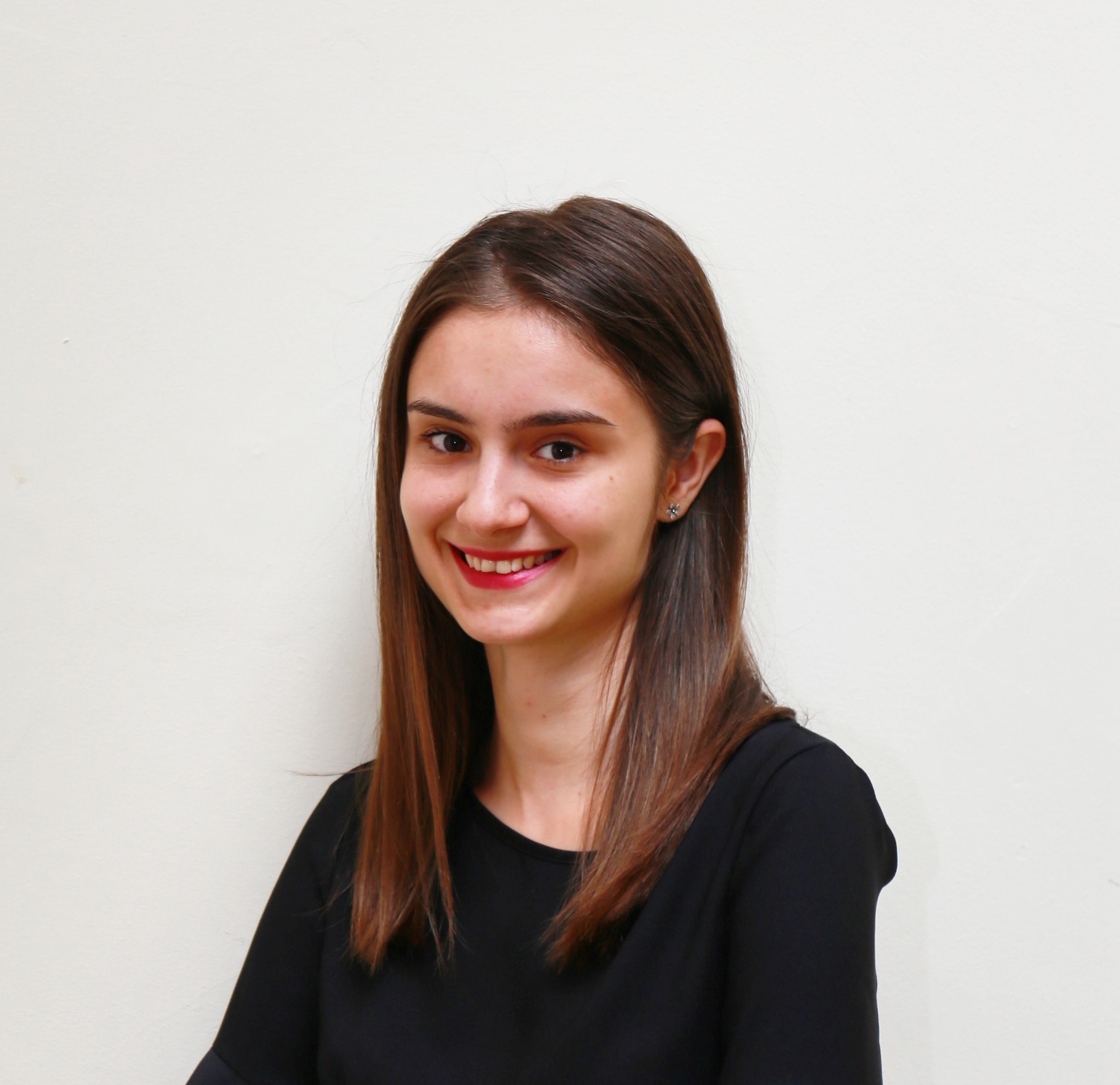
Georgiana Epure
- Alumni
- Romania
- 2016 MPhil International Relations & Pols
- Christ's College
Georgiana Epure is a human rights and gender justice advocate, with a background in international politics and international criminal justice.
Georgiana is Senior Advocacy and Campaigns Officer at Girls Not Brides: The Global Partnership to End Child Marriage, where she leads the development and delivery of Girls Not Brides’ global advocacy and campaigns to end child marriage, in collaboration with teams based in Africa, Asia and Latin America and the Caribbean, member organisations and National Partnerships and coalitions.
As the President of the Association for Liberty and Gender Equality (Romania), she coordinates the organisation’s advocacy work, with a focus on eliminating harassment in the workplace, combatting violence against women, and developing feminist cities. She also serves on the Board of Women Deliver, an international NGO that seeks to advance sexual and reproductive health and rights.
Previously, Georgiana was a Legal Associate with the Open Society Justice Initiative, where she worked on human rights strategic litigation and advocacy on issues ranging from economic justice and women’s rights to corporate accountability, ensuring respect for human rights in national security operations and implementation of judgments. Prior to this, Georgiana worked at the European External Action Service and in the Office of the Prosecutor at the International Criminal Court.
Georgiana holds an MPhil degree in International Relations and Politics from the University of Cambridge, funded by the Bill and Melinda Gates Foundation, and an MA degree in Social Science Research Methods from the University of Leeds, where she also completed her BA in International Relations as a valedictorian.
Previous Education
University of Leeds
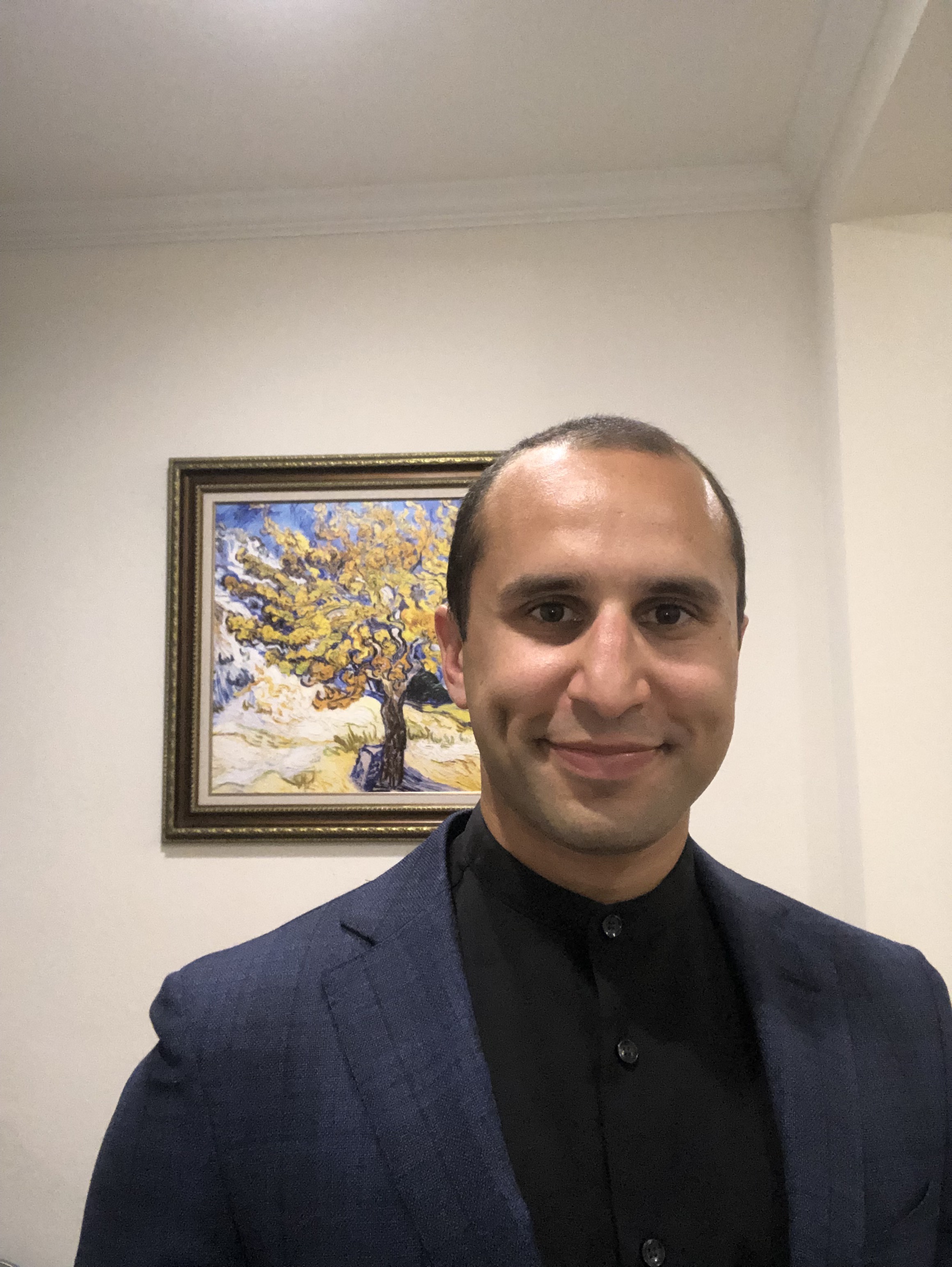
Arazi Pinhas
- Alumni
- United States
- 2015 PhD Astronomy
- Hughes Hall
I am a versatile physicist with a PhD from the University of Cambridge, skilled in advanced data analysis, modeling, and simulations. With expertise in Python, C++, MATLAB, and SQL, I have a proven track record in software development, project management, and leading research teams. My background includes significant contributions to the aerospace industry, as well as experience in mentoring and academic publishing. I am eager to transition into roles in data science, quantitative finance, or continue in the aerospace sector, leveraging my analytical skills and problem-solving abilities to drive innovation and success. Open to opportunities in the Los Angeles area or remotely.
Previous Education
University of Oxford
University of Pennsylvania
University of Cambridge












